More than 70 tombs and 108 pieces of cultural relics dating from the Jin Dynasty (265-420) to the Qing (1644-1911) Dynasty have been unearthed in Guangzhou, South China's Guangdong Province, according to a report by the China News Service (CNS) on Saturday.
A total of 71 ancient tombs were found at a construction site in the Dongfeng East Road Primary School in Guangzhou. Among the tombs, 20 were from the Jin Dynasty and the Southern and Northern Dynasties (420-589), 14 from the Tang (618-907) and Song (960-1279) dynasties and 37 from the Ming (1368-1644) and Qing (1644-1911) dynasties.
In addition, 108 pieces of cultural relics, including pots, bowls, ink slabs and jars have been unearthed from the site.
"The tombs excavated this time are all civilian burials," Zhang Xi, the leader of the archaeological project, told reporters from the CNS.
Zhang said that the discovery proved the site was a significant burial area in Guangzhou during ancient times, which provides crucial evidence for the studies of local burial customs and historical and geographical changes of the city.
According to the report, the tombs from the Jin, Southern and Northern Dynasties were mainly brick-chambered tombs, with some being quite large in scale and meticulously constructed with long drainage channels. However, many items have been stolen from these tombs, leading to a scarcity of unearthed artifacts.
Among them, the "M7" tomb has a drainage ditch which is approximately 35.5 meters long, making it one of the longer drainage ditches excavated in this exploration.
The rectangular brick-chambered tomb consists of a burial passage, sealed door, corridor, antechamber, main chamber and drainage ditch. A total of six artifacts were unearthed from it.
According to the report, the Guangzhou Institute of Cultural Heritage and Archaeology began to conduct archaeological explorations on the project site in February and March, discovering cultural remains dating from the Han Dynasty to the Ming and Qing dynasties. In November, the first phase of archaeological excavation officially commenced, with a planned excavation area of 825 square meters.
Since 1953, Chinese archaeologists have conducted multiple excavations in the buried cultural relics area within the construction site. They have cleared relics such as ancient tombs, wells, ash pits and ash ditches from various historical periods, unearthing a large number of cultural artifacts, Zhang said.
The institute noted that the current archaeological work is still underway.









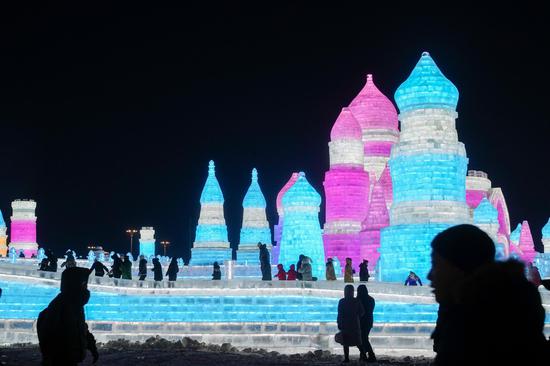

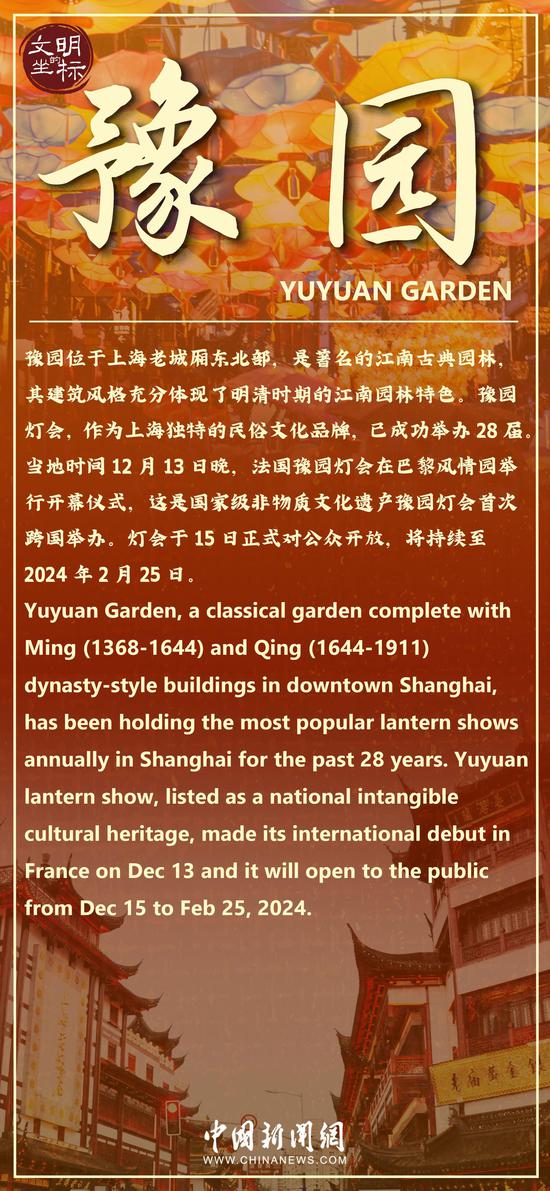

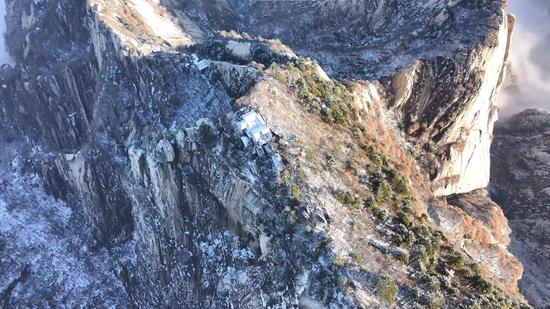

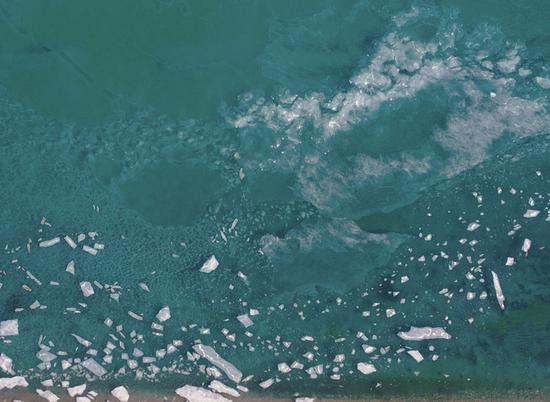
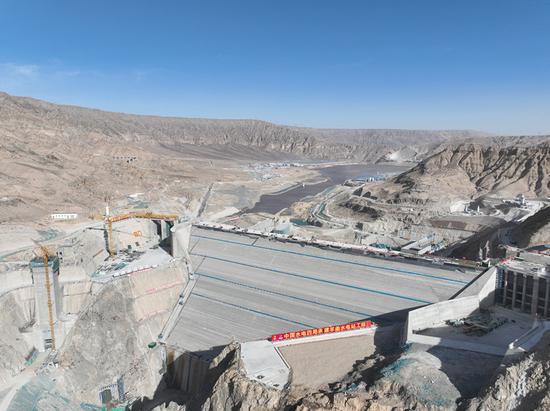
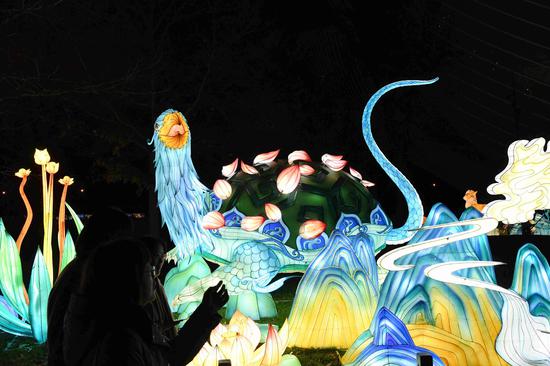
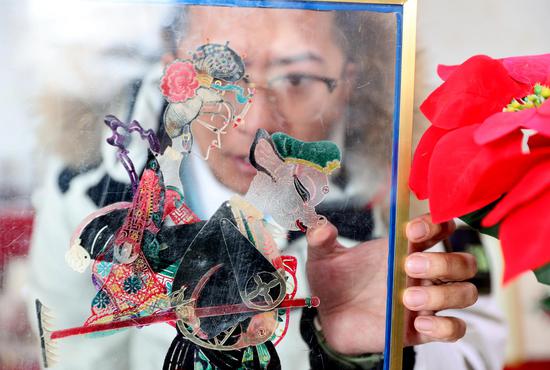
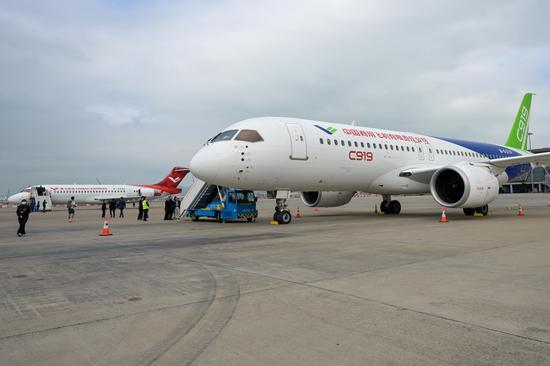

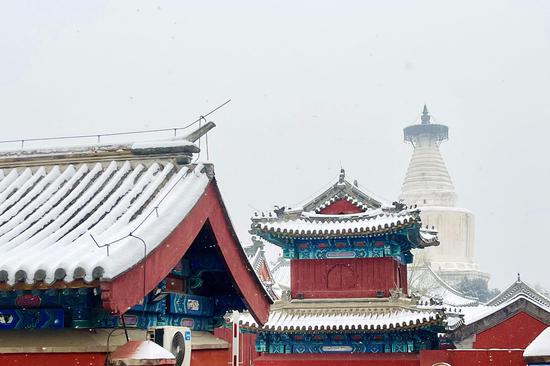

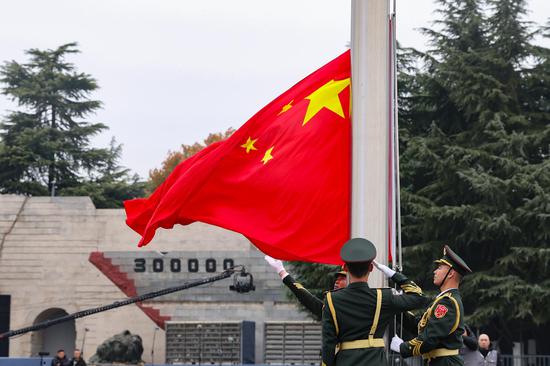

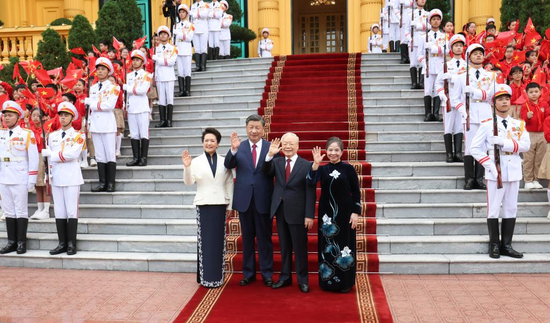

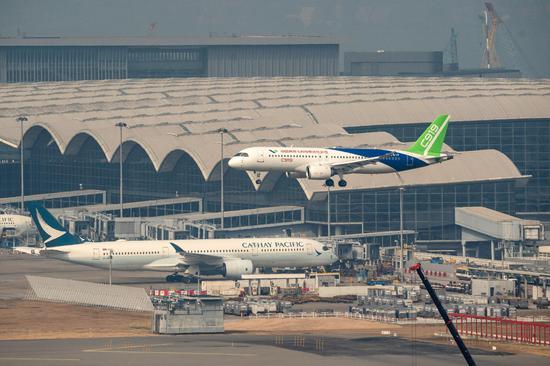

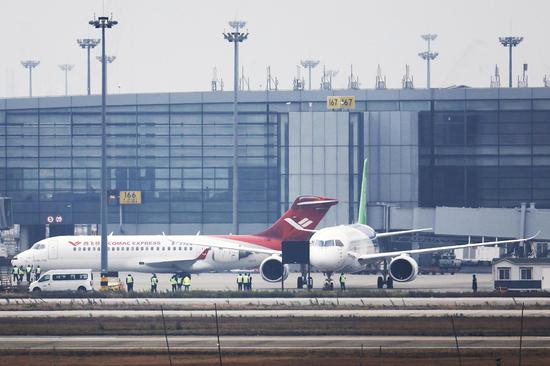
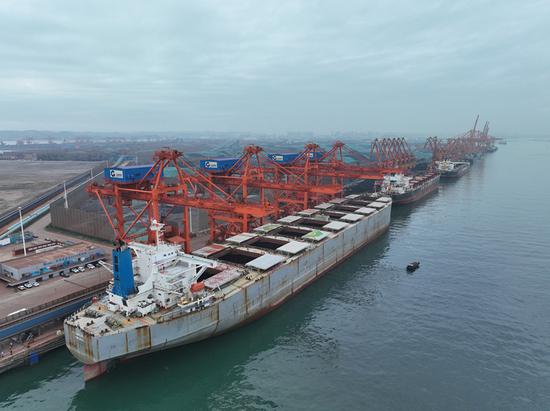
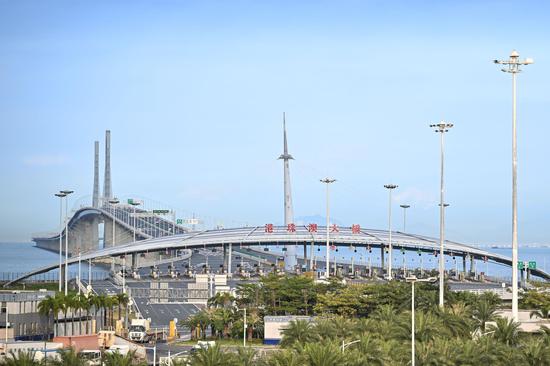
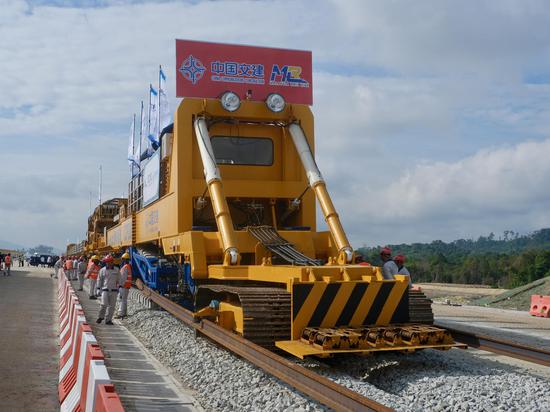
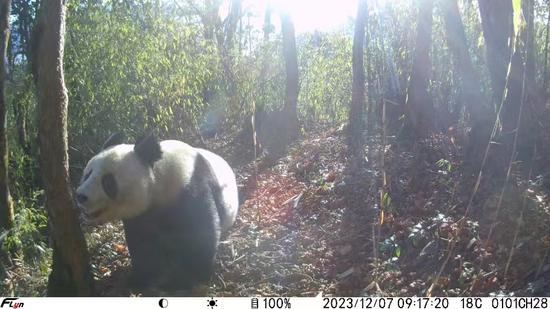
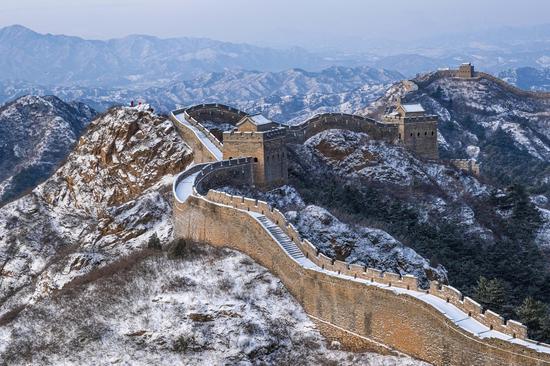


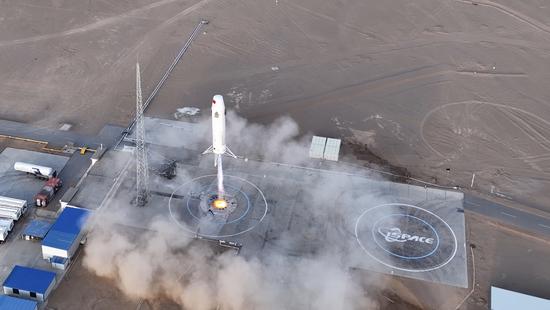

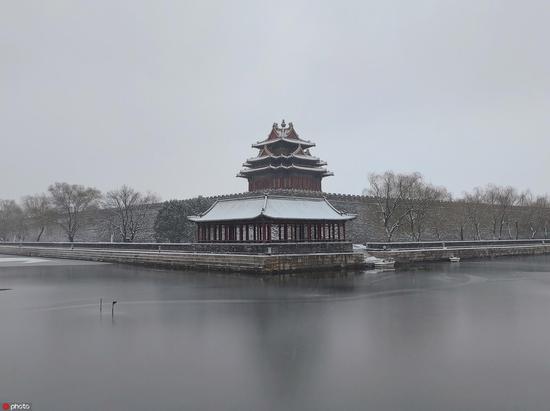

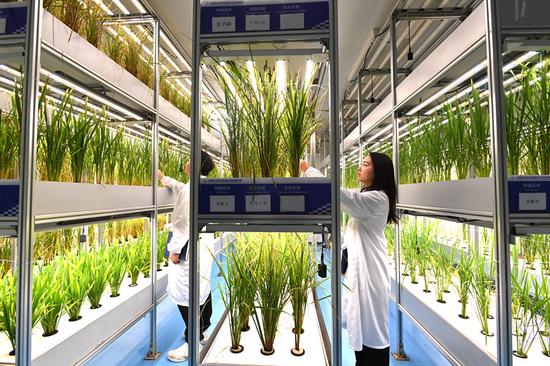

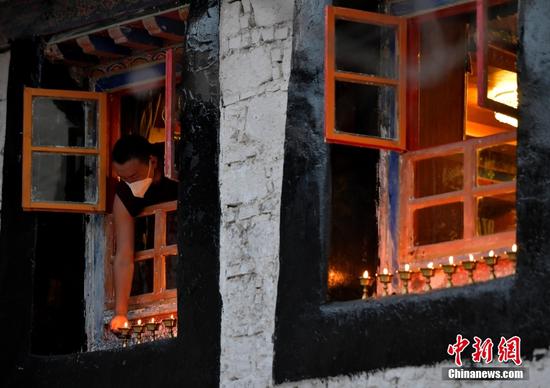






 京公网安备 11010202009201号
京公网安备 11010202009201号